35 Women participating at the Empowerment Workshop
35 Women converged at the TGSCCC on 9-10 July to receive training in- basket weaving, bead making, fashion design and sewing as part of our Women’s Empowerment Project Part 1, 2022.
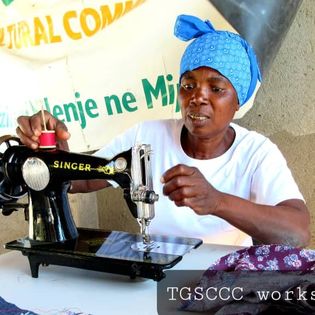
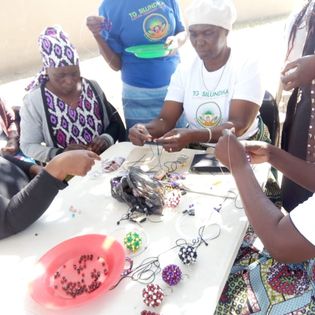
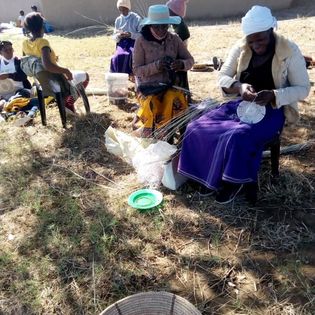
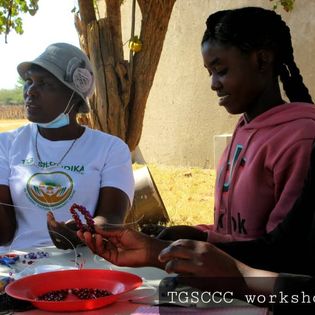
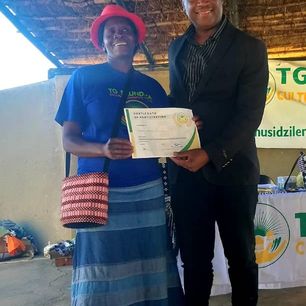
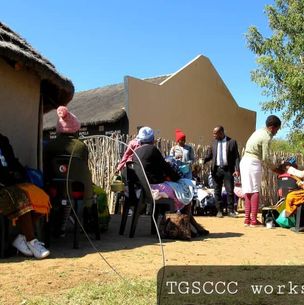
35 Women converged at the TGSCCC on 9-10 July to receive training in- basket weaving, bead making, fashion design and sewing as part of our Women’s Empowerment Project Part 1, 2022.






Comments